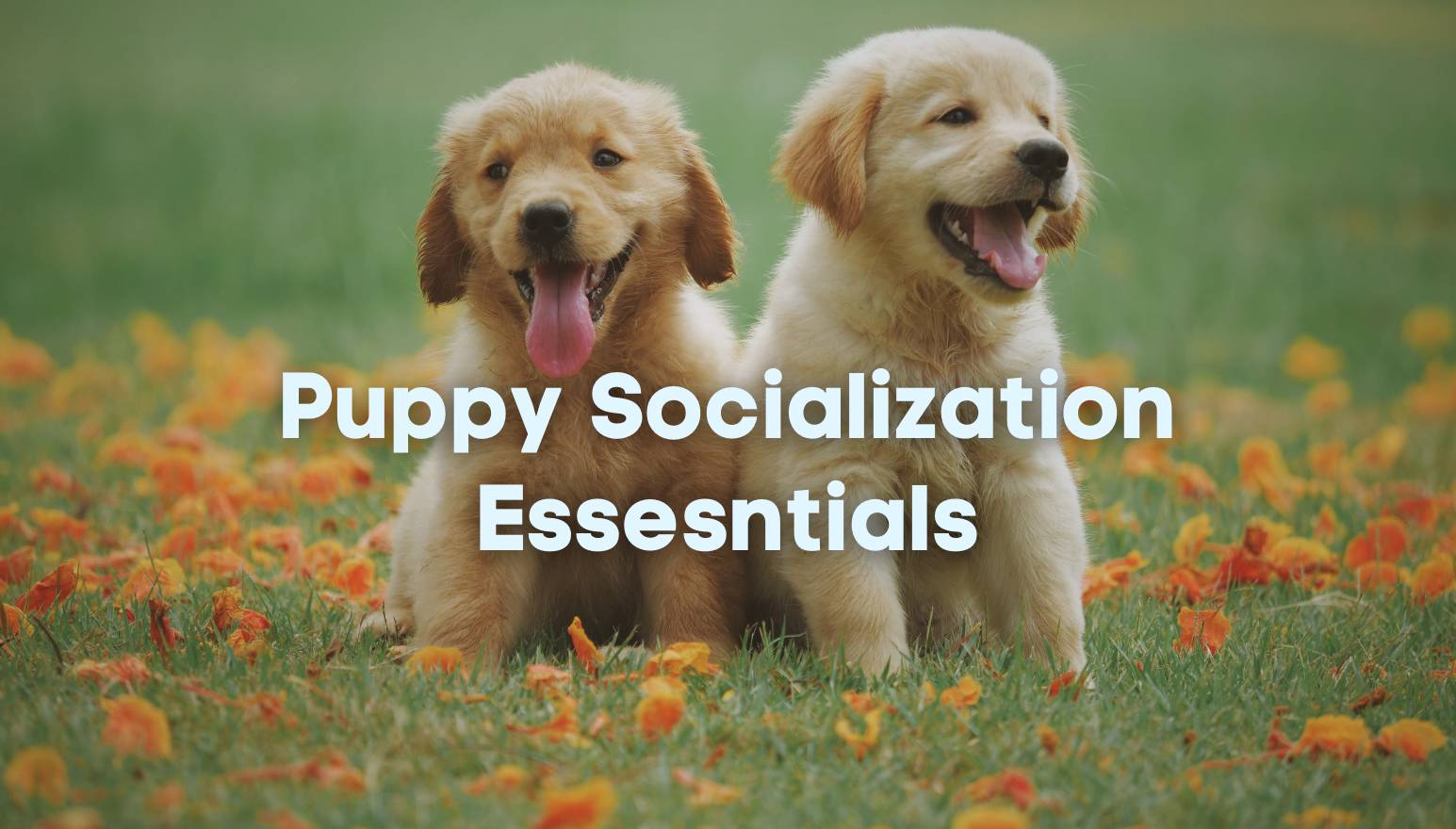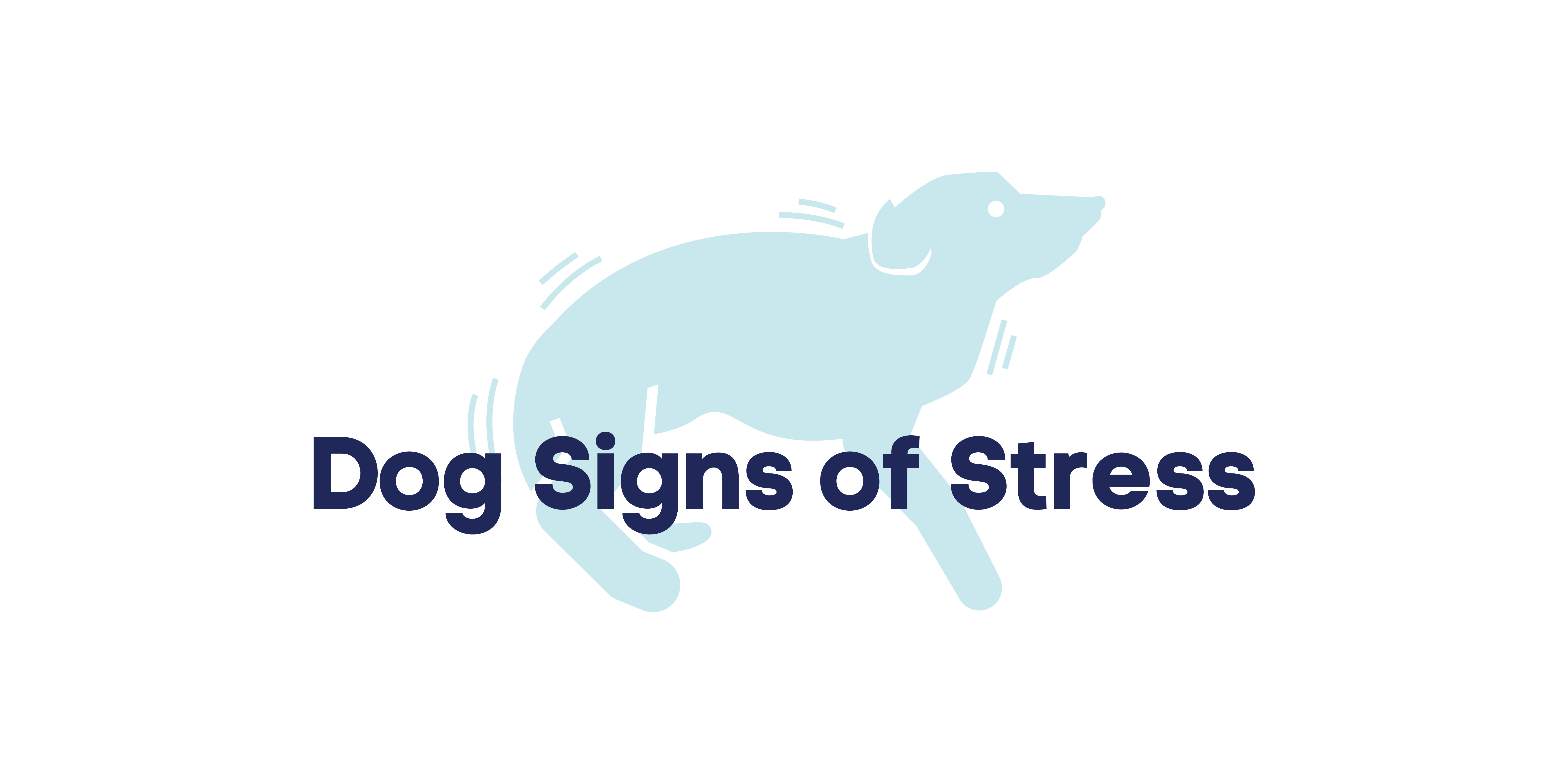by Anna Francesca Bradley

Reactivity indicates a dog is not comfortable in a given situation. Photo (c) CanStock Photo
Reactivity indicates a dog is not comfortable in a given situation. Photo (c) CanStock Photo
It usually starts when I receive a call from a distressed client who informs me that their dog is, or has, suddenly turned ‘aggressive.’ They tell me their dog has ‘challenged’ them in some way: baring teeth, snarling, growling or may have even bitten (with various degrees of severity). Then, when I first meet with that client, they are usually in quite a state because they think their whole mutual loving and trusting relationship with their dog has been shattered, their dog has flipped personality. Some even feel scared of their canine friend.
Think Reactivity Not Aggression
One of the very first steps I take with clients is to replace the word ‘aggression’ with reactivity. Aggression is a big scary word with lots of negative associations. There are multiple forms of aggression and the very mention of it conjures numerous abhorrent mental images and essentially brands the dog. Reactivity says ‘okay, my dog is uncomfortable in a specific situation, let’s do something about that’ – there are less pessimistic associations concerning that word.




